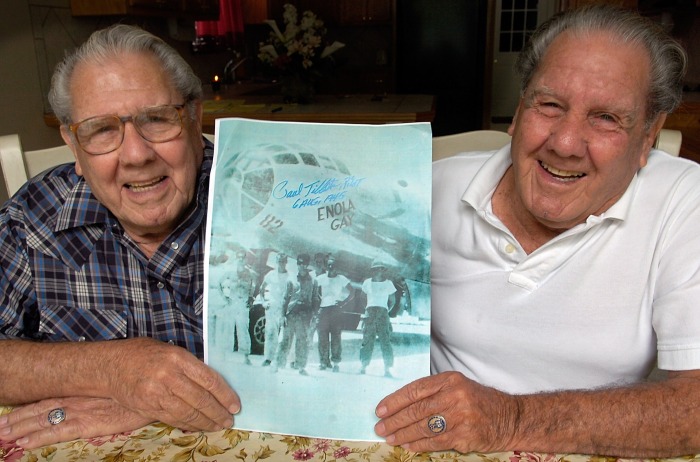 Killed in the disastrous raid on Dieppe, France, Edward Loustalot was the first American solder to die in Europe in World War II.
Killed in the disastrous raid on Dieppe, France, Edward Loustalot was the first American solder to die in Europe in World War II.
By George Morris
The cross at Edward V. Loustalot’s grave is all but identical to the tens of thousands of markers that spread across American military cemeteries in Europe. Like the others, row on row, it communicates with classic military brevity: name, rank, unit, place of birth, date of death.
Only that last piece of information tells of his historical significance.
When he died, the United States had fought in World War II for less than nine months. Already, American military personnel had been killed in the Pacific, just the first of multitudes who would die there, in Asia, in Africa and, ultimately, in Europe.
For the foot soldiers, Europe’s toll came last, the carnage delayed until invasions of Italy in 1943 and Normandy in 1944. But, little remembered amidst the more epic battles of the war, a small band of Americans was part of a force that landed at the French coastal resort of Dieppe on Aug. 19, 1942.
On that day, Loustalot, a Franklin, Louisiana native, became the first American soldier to die on European soil in World War II.
